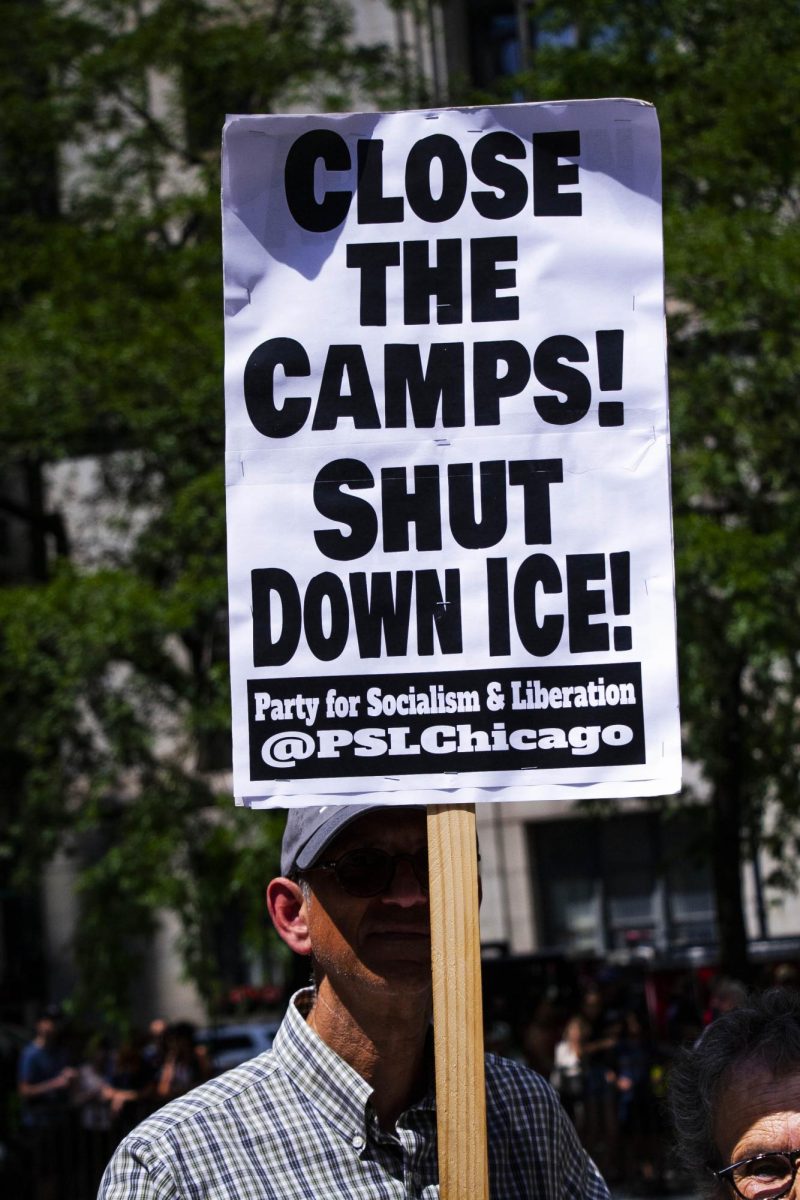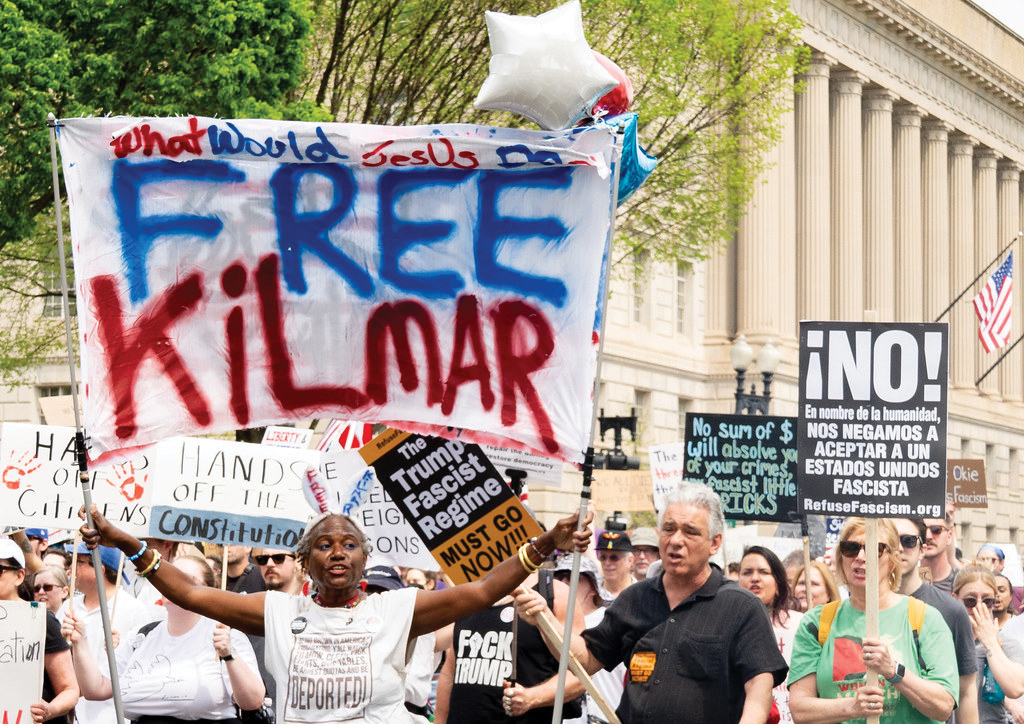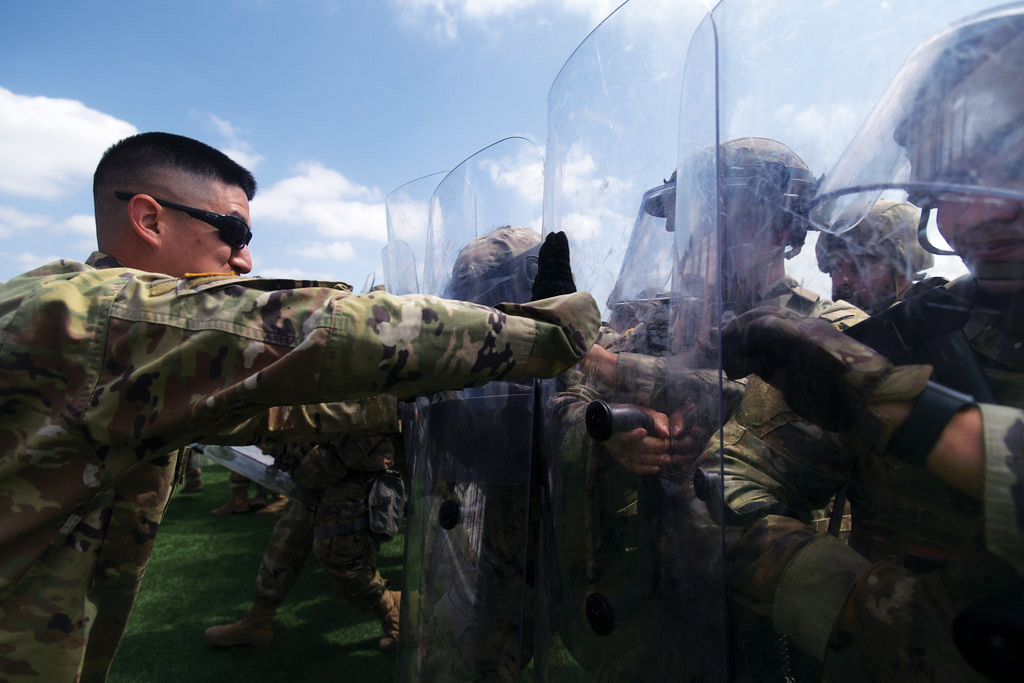Vlad Urena | Correspondent
On Thursday, February 9th, the Black History Month events and the University Honors Program’s From Awareness to Activism Series continued with the “Innocence Commission Panel.” The event, held in SAS 2203, was held to help shed light onto the work done by the North Carolina Innocence Inquiry Commission. Lindsey Guice Smith and Sharon Stellato, the executive director and associate director of the commission respectively, were open to sharing some major details and answering any questions from the public in a later Q&A session.
Per the commission’s website, there are eight members of the commission that “include a superior court judge, a prosecuting Attorney, a defense attorney, a victim advocate, a member of the public, a sheriff, and two discretionary members.” The mission of the agency is to “investigate and evaluate post-conviction claims of factual innocence.” In addition, with the information that the commission finds, a wrongfully convicted person may be exonerated.
When asked for further details on the commissions, the panelists revealed that the agency is not political or policy-driven despite the members being appointed by the Chief Justice of the North Carolina Supreme Court and the Chief Judge of the North Carolina Court of Appeals. In addition, they informed the audience that the Commission does not speak to the media, nor do they reveal any case names or lists unless they are presented at a hearing and become public record.
However, they did reveal specifics about their history of cases. Since 2006, when the agency was commissioned, they have looked at over 2000 cases, of which 1946 have been closed. In just 2016, they received and looked at over 179 cases. But despite the high number of cases reviewed, only ten cases have resulted in exoneration. Greg Taylor from Wake County who served 17 years and Willie Womble from Butner who served 38 years are two of the few people who have been proved innocent.
When an audience member questioned what caused a case to be rejected, the panelists confessed that 28% of the cases presented no new evidence for the commission to evaluate. They later also acknowledged that a small percentage of the people applying for their cases to be looked at are women, and most people do not claim complete innocence of the crime. Near the end of the panel discussion, the panelists revealed that the commission accepts donations and that they receive support through the state legislature.
Dr. Genia Sklute, the associate director of the University Honors Program, said that she hoped everyone in attendance came out of the event realizing “how important and impactful the work done by the North Carolina Inquiry Commission is and that without it there would be no way to address unlawful incarceration in North Carolina.” The commission is the only agency in the state to conduct any kind of work in this field.
“I believe that we should continue this conversation on campus and in our community,” Dr. Sklute said. “It is crucial for people to know about their work.”
The Innocence Commission Panel was hosted by the University Honors Program and co-sponsored by Interdisciplinary Studies in the College of Humanities and Social Sciences. The University Honors Program will continue their From Awareness to Activism Series on Thursday, February 16th with “Lynching: Remembering Our History” in the Honors Village Commons from 12-1 PM. For more information on the Black History Month calendar, visit https://oied.ncsu.edu/MSA/black-history-month-2017/.





